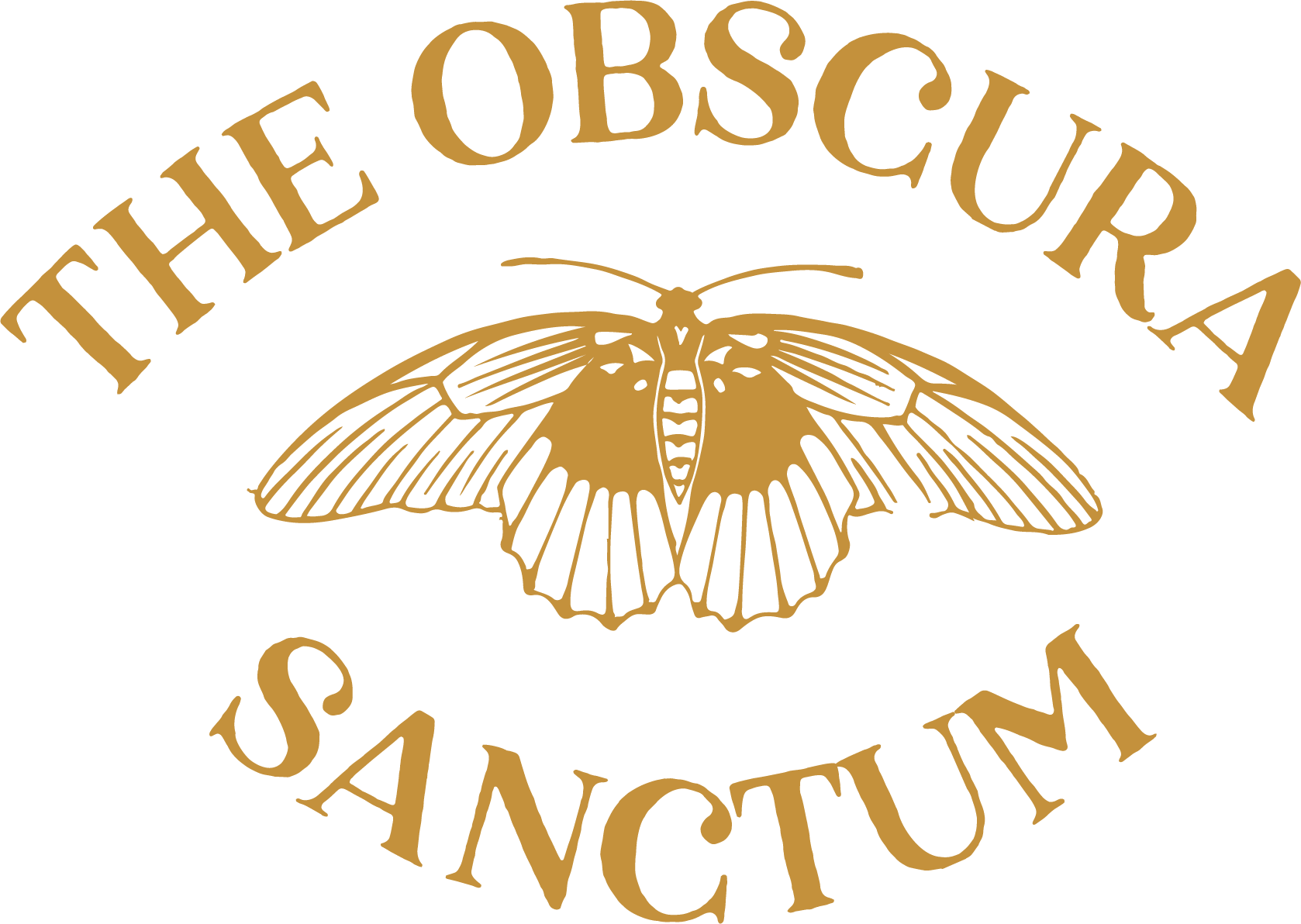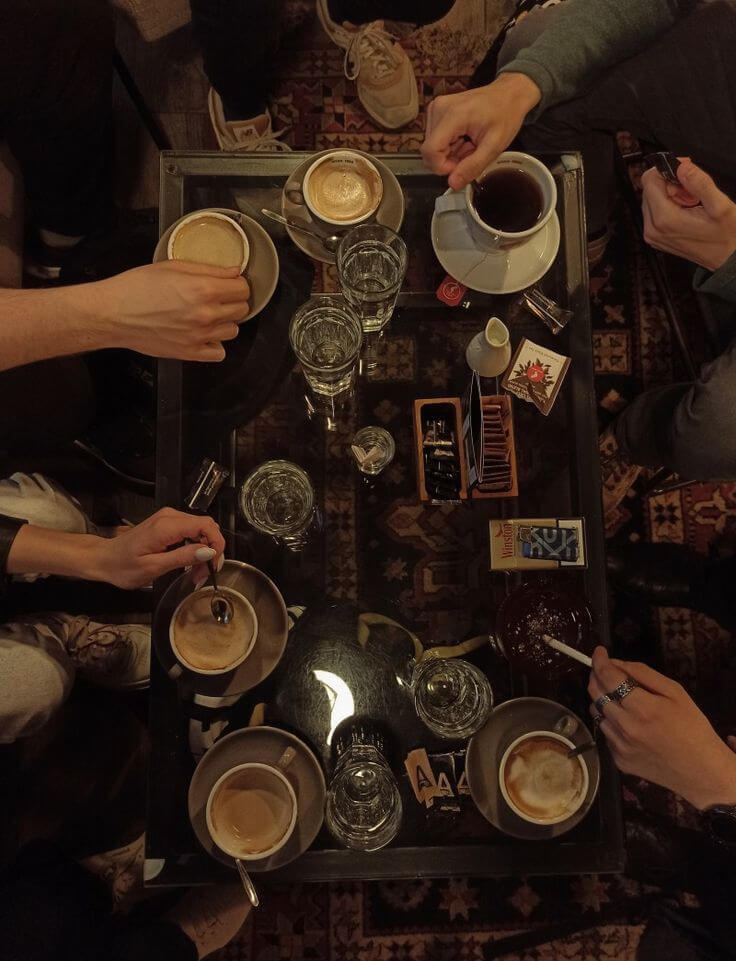There’s something almost radical about learning for the sake of learning. No end goal. No career advantage. Just pure, obsessive curiosity. It feels indulgent—maybe even a little dangerous. And yet, it’s the very thing that has shaped human thought for centuries.
So, what happens when knowledge has no purpose? Or rather, when the pursuit itself becomes the purpose?

Source: @elizabeth.gerardi
The Scholars Who Knew Too Much (And Loved It)
History is full of thinkers who studied things with no immediate use. Take the alchemists—spending decades mixing strange metals, searching for the philosopher’s stone. Most of them never found what they were looking for, but they laid the groundwork for modern chemistry. Then there’s the Renaissance polymaths, collecting knowledge like magpies, hopping between art, science, philosophy, and architecture, just because they could.
And what about the ancient philosophers? Socrates was sentenced to death for asking too many questions. He didn’t pursue knowledge for power or wealth—he just wanted to know, and that was enough to make people nervous. And we know, when this pattern appears later on…
The Luxury (and Rebellion) of Learning Without an Agenda
Today, we’ve been trained to see knowledge as transactional. You study to get a degree. You get a degree to get a job. You learn a skill to make money. Everything is supposed to lead somewhere, preferably to profit.
But what if it doesn’t?
There’s something deeply rebellious about resisting that mindset. Reading a book with no intention of monetizing it. Learning a language you’ll never use. Memorizing constellations just to look up at the night sky and feel a little closer to something vast and incomprehensible. It’s impractical, sure—but maybe that’s why it matters..
The Beauty of Useless Knowledge
Bertrand Russell once said, “The pursuit of knowledge is valuable in itself.” And he wasn’t talking about job skills. He meant the kind of knowledge that serves no obvious function but enriches life anyway.
Think about the things you’ve learned that will never make you money. A poem you memorized for no reason. The entire history of a forgotten empire. The way different teas are brewed in different cultures. None of it will show up on a résumé, but it might shape the way you see the world.
The Risk of Endless Curiosity
Of course, there’s a darker side to all this. Knowledge without purpose can become a kind of obsession. There’s a reason why so many literary Dark Academia protagonists lose themselves in it. Think of Victor Frankenstein, chasing forbidden knowledge until it destroys him. Or the students in The Secret History, taking their intellectual pursuits to murderous extremes.
Too much curiosity can be intoxicating. It can consume.

So, Why Do We Do It?
Maybe it’s because knowledge itself is alive. It grows, shifts, changes us. Maybe learning with no purpose is the most human thing of all. It’s proof that we’re more than just survival machines—that we crave beauty, wonder, and mystery.
And maybe, just maybe, the best kind of knowledge is the kind that serves no purpose at all—except to remind us that we’re alive.


